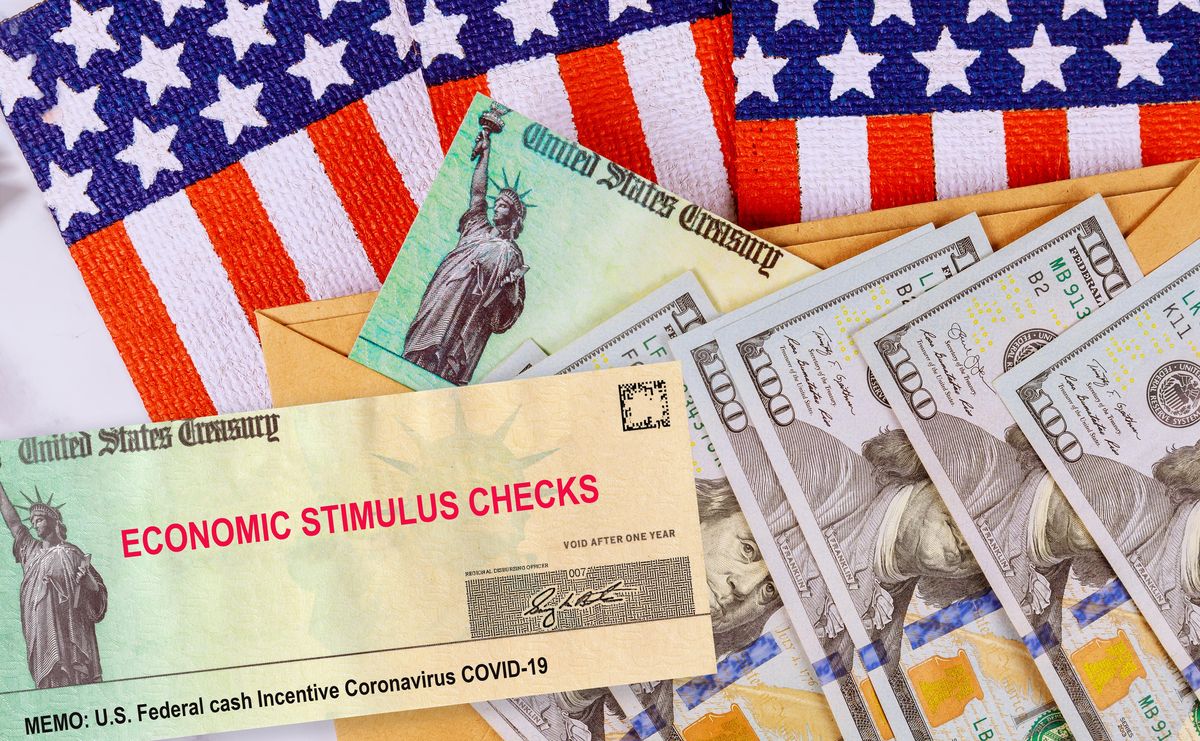CHARLOTTE AMALIE — Governor Albert Bryan, Jr. has issued further clarification regarding Puerto Rico’s Department of Treasury, known as “Hacienda,” issuing Social Security stimulus payments to Virgin Islands residents by direct deposit, resulting in some Virgin Islanders receiving double stimulus payments and creating confusion for residents of the territory.
“Several months ago, monies were made available by the U.S. Internal Revenue Service (IRS) to issue stimulus payments to Virgin Islands residents under the CARES ACT,” Bryan said. “After an insistent lobbying effort by the Virgin Islands Government and others, including AARP, the IRS also subsequently provided a listing of names and mailing addresses of Social Security recipients who reside in the USVI. The Internal Revenue Bureau immediately scrubbed the listing to confirm that all Social Security recipients were Virgin Islands residents with local addresses making them eligible to receive these funds through the V.I. Government.”
On July 24, the IRB mailed 6,473 checks totaling $7.3 million of payments of $1,200 for each adult to Social Security recipients in the territory.
Concurrently, the IRS issued a similar list to the Government of Puerto Rico of eligible recipients who reside in Puerto Rico and the Virgin Islands, the Governor said. Eligible Virgin Islanders on that list would already have received the stimulus checks from the VIBIR by mail and should have been eliminated.
“It appears that in the Puerto Rico process, some recipients on the list with Virgin Islands addresses were inadvertently overlooked for deletion and direct deposits of the stimulus funds to their accounts mistakenly took place, beginning last week,” Governor Bryan said. “This resulted in overpayment to those recipients. It has not yet been determined how many recipients are affected.”
In an effort to assist Hacienda in Puerto Rico and Virgin Islands residents who erroneously received an additional stimulus payment by direct deposit, the IRB has agreed to be the conduit for returning the overpayments to the U.S. Treasury Department.
Because of the wire transfer protocol used by banks of Social Security recipients, electronically recalling the funds from each account erroneously credited would impact all recipients on the list paid out by Hacienda and could also affect the individual accounts of Virgin Islands recipients, resulting in overdraft fees or other bank charges.
“To avoid Virgin Islanders incurring extra bank fees or charges, the IRB has agreed to assist residents who erroneously received a second stimulus check payment in returning those funds to the U.S. Treasury,” Governor Bryan said. “As the IRS and the IRB reconcile records by Social Security numbers and are becoming aware of those who have received double payments, the USVI government will not charge interest or penalties under any circumstances for those returning the overpaid funds to the IRB.”
Some Virgin Islanders who have received double payments have been approached by individuals offering to assist with the return of the funds and in the process have given their confidential information including Social Security numbers to these persons.
“Residents are cautioned to not share their Social Security number with anyone outside of the Bureau of Internal Revenue as the Virgin Islands works to assist Puerto Rico with rectifying this matter,” Governor Bryan said.
Residents who have received double stimulus payments should bring or mail a check or money order made out to the V.I. Bureau of Internal Revenue for the full amount of the overpayment to local IRB offices.
Payments to be returned can be delivered in person to the IRB offices in Red Hook on St. Thomas or at the Sunny Isle Shopping Center on St. Croix.
Checks or money orders for overpayments also can be mailed to 6115 Estate Smith Bay, Suite 225, St. Thomas, VI 00802.
As there has been a very high volume of calls, inquirers are asked to be patient as IRB telephone representatives strive to answer as many calls as possible each day.

